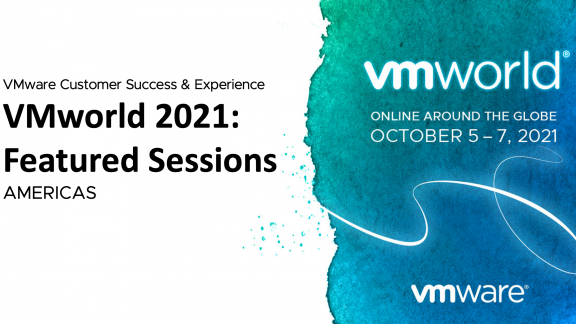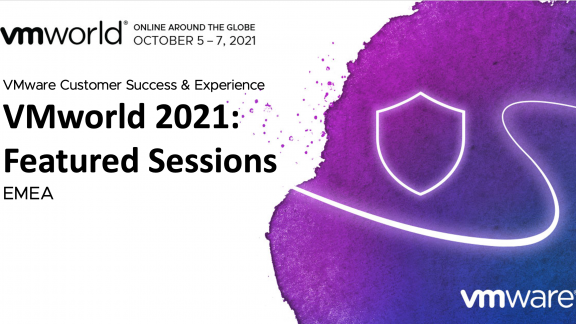 By Ed Hoppitt
By Ed Hoppitt
We live in a world where the quickest growing transportation company owns no cars (Uber), the hottest accommodation provider owns no accommodation (Air BnB) and the world’s leading internet television network creates very little of its own content (Netflix). Take a moment to let that sink in. Each of these companies is testament to the brave new world of IT that is continuing to shape and evolve the business landscape that surrounds each of us. And the reality is that the world’s leading hypergrowth companies no longer need to own a huge inventory. They instead depend on a global platform that easily facilitates commerce for both consumers and businesses on a massive, global scale.
In order to stay relevant today, your business must be in a position to adapt, in keeping with the evolving expectations of end users. If success used to be governed by those who were best able to feed, water and maintain existing infrastructure, it is today championed by those who are least afraid of opening up new opportunities through innovation. Applications, platforms and software are all changing the business rules of success, so instigating change to adapt is no longer just part of a business plan; it’s an essential survival tool.
With this in mind, here are three essential pointers to help ensure your business is able to adapt, on demand:
1. Embrace openness
All around us, agile start-ups and individuals are leveraging the unique confluence of open platforms, crowd-funding and big data analytics that exist around us. The pace of technology change means that no individual company need be responsible for doing everything themselves, which is why more than ever, there’s a real business need for open source. Open source helps to create a broad ecosystem of technology partners, all helping make it possible to work closer with developers to drive common standards, security and interopability within the cloud native application market.
2. Develop scale at speed
Adrian Cockroft, one of the founders of Netflix, a poster child of the software-defined business once famously said that: “scale breaks hardware, speed breaks software and speed at scale breaks everything.” What Adrian realised was that to develop speed at scale, traditional approaches simply do not work, and new methodologies are required, allowing applications to be more portable and broken down into smaller units. New approaches to security services also allow micro service architectures to be utilised.
3. Create a one unified platform
Open market data architectures are being increasingly used to give developers the freedom to innovate and experiment. While this is precisely what’s required to keep pace in a world of constant change, it also means that your IT infrastructure stands at risk of growing increasingly muddled, as developers become more empowered to code in their own way. This where a single unified platform holds the key, as this is what is ultimately required to best manage the infrastructure, ensuring compliance, control, security and governance, all the while giving developers the freedom to innovate.
Ask yourself a simple question, can I handle the exponential rate of change that is happening all around me? If the answer to that is not a resolute yes, it is time that you invested some thought into how you can. Uber, Air BnB and Netflix are proof that previously classic barriers to entry that once inhibited small players from gaining traction in the market place are breaking down. Nobody said that surviving in such a disruptive landscape would be easy, but with thought and planning, it needn’t be too difficult either.
If you want to find out more about this and how to transform your business in the software-defined era, take a look at what our EMEA CTO Joe Baguley has to say in this blog post.
=======
Ed Hoppitt is a CTO Ambassador & Business Solution Architect, vExpert, for VMware EMEA and is based in the U.K.




